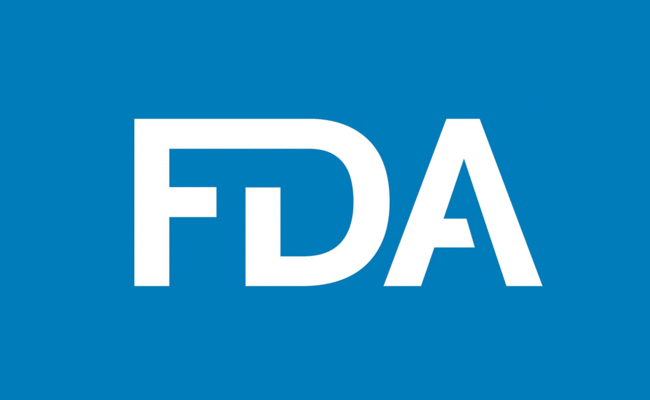FDA Releases Guidance on COVID-19 Vaccine Development
The COVID-19 vaccine development guidance includes recommendations on chemistry, manufacturing, non-clinical data, clinical trials, safety, assays, and emergency use authorizations.

Source: FDA Official
- FDA recently issued guidance to assist sponsors with COVID-19 vaccine development development and licensure of their products. The guidance will be effective for the remainder of the public health emergency.
For more coronavirus updates, visit our resource page, updated twice daily by Xtelligent Healthcare Media.
FDA first released key considerations regarding chemistry, manufacturing, and controls.
The first general consideration is that the COVID-19 vaccines licensed in the US must meet the statutory and regulatory requirements for vaccine development and approval, including for quality, development, manufacture, and control.
Additionally, COVID-19 vaccine development may be accelerated based on knowledge gained from similar products manufactured with the same well-characterized platform technology.
FDA also touched on various recommendations regarding drug products. Recommendations from the agency included:
- Data should be provided to show that all source material used in manufacturing is adequately controlled
- All parts of the manufacturing process must be adequately validated
- In-process control tests must be established that allow quality to be monitored for each lot for all stages of production
- Expiry date of the vaccine in its final container should be demonstrated using final containers from at least three final lots
- A product specific stability program should be established to verify that licensed product maintains quality over the defined shelf life
Additionally, FDA stated that facilities must be of suitable construction to facilitate operations and should be able to handle cross-contamination and mix-ups, Manufacturing equipment must also be qualified and a quality control unit must be established and oversee manufacturing.
The key FDA suggestion for non-clinical testing is that vaccine manufacturers should engage in early communication with the agency to discuss the type and extent of non-clinical testing required for the particular COVID-19 vaccine candidate.
As for clinical trials, FDA released general considerations, including that clinical development programs for COVID-19 vaccines might be expedited by seamless clinical trial design, an adequate body of data is needed, and participant safety must be maintained.
Regarding clinical trial populations, early phase studies should first enroll healthy adult participants who are at low-risk of severe COVID-19. Older adults can be enrolled as long as they do not have underlying medical issues, FDA advised.
Sponsors should collect and evaluate at least preliminary clinical safety and immunogenicity data for each dose level and each age group, while late phase trials should be preceded by adequate characterization of safety and immunogenicity, the agency added.
“FDA encourages the inclusion of diverse populations in all phases of vaccine clinical development. This inclusion helps to ensure that vaccines are safe and effective for everyone in the indicated populations,” FDA said.
Although not required, early phase trials should also include a placebo control and blinding to assist in interpretation of preliminary safety data, while later phase trials should be randomized, double-blinded, and placebo controlled.
A follow-up of study participants for COVID-19 outcomes should continue for as long as possible, FDA stated. And either laboratory-confirmed COVID-19 or laboratory-confirmed SARS-CoV-2 infection is an acceptable primary endpoint for a COVID-19 vaccine efficacy trial.
Additionally, to ensure that a widely deployed COVID-19 vaccine is effective, the primary
efficacy endpoint point estimate for a placebo-controlled efficacy trial should be at least 50 percent.
FDA recommended early planning of pharmacovigilance activities before licensure. This includes expedited reporting of serious and unexpected adverse events.
Finally, assays used for immunogenicity evaluation should be suitable for their intended purpose of assessing relevant immune response to vaccination and be validated before use in pivotal clinical trials, FDA said.
An Emergency Use Authorization (EUA) may be issued only after several FDA requirements are met.
Issuance of a EUA for a COVID-19 vaccine prior to the completion of large randomized clinical efficacy trials could reduce the ability to demonstrate effectiveness of the investigational vaccine in a clinical disease endpoint efficacy trial to support licensure, and such clinical disease endpoint efficacy trials may be needed to investigate the potential for vaccine-associated ERD.
Given that there are no FDA-licensed vaccines to prevent COVID-19, the guidance generally recommends that the goal of development programs should be to pursue traditional approval through direct evidence of vaccine safety and efficacy.
